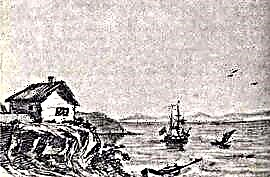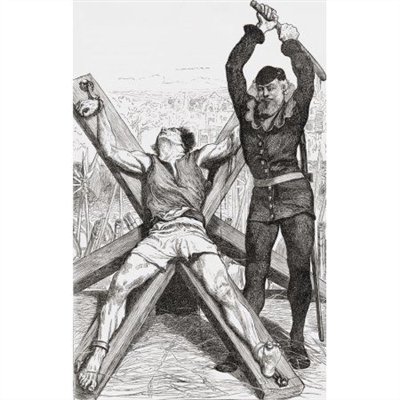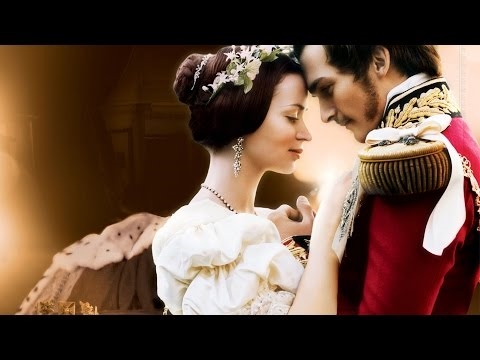: During the sea voyage, the ship's doctor fell into a severe storm and ended up in the country of Lilliputians. The doctor became a prisoner of the emperor of the Lilliputians and was nearly executed, but fled in time and reached the house.
The narration is on behalf of the ship's physician Lemuel Gulliver. The titles of the chapters are conditional.
Chapter 1. The youth of Gulliver. Arrival in Liliput
Lemuel Gulliver was born in the English province of Nottinghampshire, where his father had a small estate.
Lemuel Gulliver - ship's doctor, brave, decisive, honest, loves adventure and travel
At the age of fourteen, his father sent him to study in Cambridge, but due to lack of funds, Gulliver had to leave college and become a student of the prominent London doctor James Bets.
James Betts - London doctor, teacher and patron of Gulliver
Gulliver spent four years with Bets, spending all his father sent money to study navigation and mathematics. Then he went to Leiden, where he studied medicine for more than two years, after which Bets arranged him as a surgeon on the Swallow ship.
Gulliver has traveled the world for more than three years. Then, relying on Bets' support, he tried to settle in London, got married and opened the practice. Bets soon died, Gulliver's earnings declined greatly, and he again got on the ship.
Having changed several ships, Gulliver went on the Antelope to the South Sea. A terrible storm broke out along the road. The ship flew onto the rocks and crashed. Only Gulliver managed to get to the shore. Exhausted, he fell on low grass and fell asleep soundly. Waking up, Gulliver discovered that his body was "tied with many thin laces."
It turned out that Gulliver was in the country of Liliput, whose population growth does not exceed sixteen centimeters. Plants and animals were just as small in Liliput. Finding a sleeping giant on the shore, the Lilliputians were frightened and tied him up.
The emperor of Liliput, a generous man, decided not to kill Gulliver. He was fed, watered with sleeping pills and, sleeping, transported to the capital on a platform that was dragged by fifteen hundred most powerful horses.
Gulliver was settled in an ancient temple - the largest building in Liliput, where he barely fit, and chained him by the leg.
Chapter 2. Acquaintance with the Lilliputian emperor and scholars
The next day, Gulliver met with the emperor. He was 28 years old, which was considered a mature age. The emperor was built, with a magnificent posture and a cut above the rest of the midgets.
When the imperial court retired, six people from the mob gathered at the temple fired at Gulliver with bows and almost got into his eye. Colonel guarding Gulliver got angry and handed the hooligans into his hands, and he immediately released them. This generous act pleased the emperor and the Council of State. His Majesty decided to keep Gulliver at the expense of the personal treasury, and the six most prominent scholars undertook to teach him the Lilliputian language.
Three weeks later, Gulliver was able in Liliput to ask the emperor to remove the chain from him. The emperor wished that the captive vowed "to keep peace with him and his empire" and allowed himself to be searched. A list was made of the items found in Gulliver’s pockets - coins, a handkerchief, watches, pocket pistols and their ammunition, but scientists still could not understand what they were intended for.
Chapter 3. Gulliver entertains the imperial court
In an effort to make a favorable impression, Quinbus Flestrin - Man of the Mountain, as the Gilliver called the Lilliputians, arranged various entertainments for the imperial court.
Candidates for government posts in Liliput were supposed to "perform the exercises on the rope" - those who jumped higher got the position. Even the ministers had to show their dexterity. Once the emperor entertained Gulliver with such a performance. Gulliver, in response, arranged military maneuvers on his handkerchief tightly pulled on stakes, and then stood up “in the pose of the Colossus of Rhodes” and a military parade passed between his legs.
Chapter 4. Enemies and friends of Gulliver. Liliput politics
At Gulliver’s court, an ill-wisher appeared - Admiral Skyres Bolgola, but, despite his opposition, the emperor soon freed the prisoner from the chain and allowed him to move freely around the country.
Skyres Bolgola - Liliput Admiral, Gulliver's enemy, treacherous lover of conspiracies
Gulliver also appeared with a friend - Reldresel, who told him about two warring parties.
Reldresel is secretary general of Liliput, a friend of Gulliver, honest and generous
Liliputu was tormented by strife between supporters of high and low heels. To this was added a feud with neighbors - the Blefusku empire, located on a large island. The Great Powers were at enmity “for thirty-six moons” because the Lilliputians smashed boiled eggs from the sharp end, and the Blefuskans smashed from the blunt end, although the Holy Book said that “true believers may break eggs from the end from which it is more convenient” .
Chapter 5. Gulliver participates in the Lilliputian war
Through Reldresel, the emperor asked Gulliver to fight on the side of Liliput. Any communication between empires was forbidden, and the Blefuskans did not know that a giant had appeared among the neighbors. Using this, Gulliver crossed the narrow strait between the countries, tied the largest ships of the Blefuskan fleet with ropes and dragged them to Liliput.
... the ambition of the monarchs has no limits.
The emperor wished that the giant also captured the other enemy ships - then he would conquer Blefusku, exterminate all the blunts and become "the sovereign ruler of the universe." Gulliver refused to become "an instrument of enslavement of a brave and free people." The emperor could not forgive the refusal, and the admiral with his like-minded people managed to set him up against Gulliver.
Three weeks later, the Blefuskan ambassadors arrived in Liliput and signed a very favorable peace treaty with the emperor. Gulliver, who was present at the talks, managed to provide the ambassadors with many services, for which they invited him to visit Blefusku. The emperor gave him the highest permission, but he treated Gulliver very coldly.
Chapter 6. Lilliputian lifestyle
The most serious crimes in Liliput were considered fraud and high treason. Liliput never deceived each other, and for strict compliance with the laws received a bonus from the state. Choosing a candidate for any position, the midgets paid attention not to the mind, but to moral qualities. They considered ingratitude a criminal offense.
A person who is capable of doing evil even to someone who has done him good, inevitably sees enemies in all other people from whom he has not received any favor. Therefore, he is worthy of death.
Children of aristocrats and merchants in Liliput were brought up in special public schools in great severity, regardless of gender. Only peasant children grew up in a family.
Chapter 7. Gulliver accused of high treason
Soon, Reldresel informed Gulliver that a great intrigue was being set up against him at court. The Lord Chancellor of the Treasury inspired the emperor that keeping Gulliver would ruin the country, and Admiral Bolgola accused him of high treason and conspiracy with the ambassadors Blefuscu.
Redressel secretly warned Gulliver that they wanted to execute him, but the emperor humanely decided to blind him, and then starve to death.Not wanting to lose sight, Gulliver pretended not to know about the verdict, and went to Blefuscu before his announcement.
Chapter 8. Escape from Liliput
After three, for Gulliver found an inverted boat off the coast of Blefuscu. With the help of the Blefuskans and with the assistance of their emperor, he repaired and equipped it, stocked up provisions and left the country of Lilliputians to the considerable relief of both emperors.
September 26, 1701 Gulliver picked up an English ship and delivered home. In England, he sold tiny live sheep and cows brought with him. Having left enough money for the family, Gulliver set off on a new journey on the Adventure merchant ship.
The retelling is based on the translation












